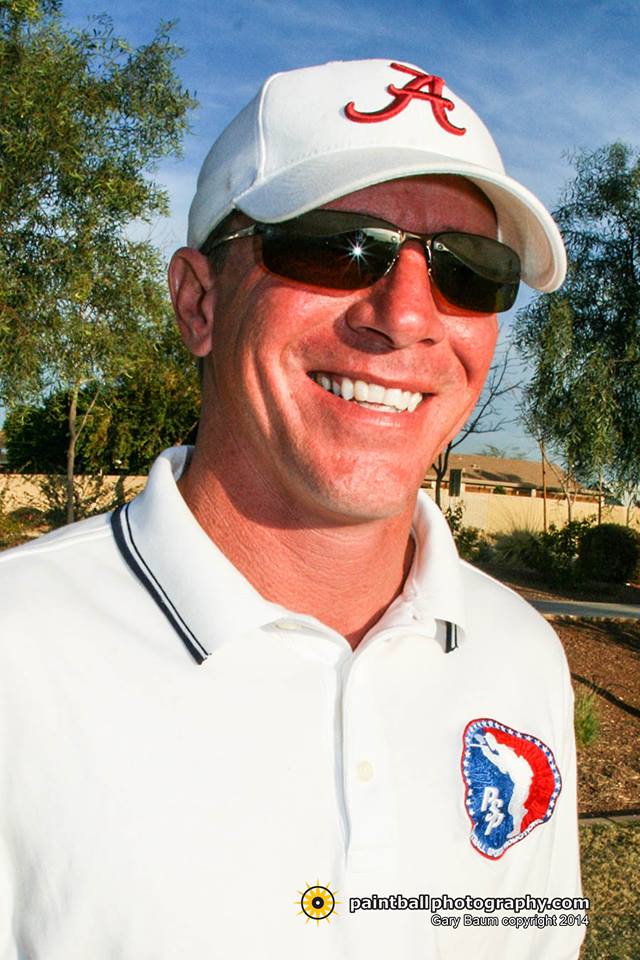
Last week, PSP announced that there would be a few key rule alterations for the 2015 season. Since the announcement, there have been mixed feelings regarding the changes to both the divisional and professional ranks within the league. We got the chance to catch up with PSP’s Chief Operating Officer, Lane Wright, to discuss his thoughts on these new changes. Lane provides his honest opinion and helps to shed some light on what he believes were some pretty necessary alterations.
SP: We’ve seen the rules change from only coaching on the spectator side to only coaching from the top of the bleachers and now, no coaching at all. What brought on this decision? Did it have something to do with wanting to make the game more intense? If so, how?
LW: There was a lot of debate about taking the coaching limit a step further. In the end, the board decided to go that step. Every limitation to coaching has been an effort to put more emphasis on the players skill set and less on listening to outside influences. Personally, I felt the things we did last year limited the effect of “coaching” enough. But others wanted it reduced more. There’s a lot of experience in that room. There’s a lot of variety in thought and things can be looked at from lots of perspectives. I had an opinion that differed from the final decision. But that diversity is a positive. It’s what’s made us successful. It can’t always be my way.
SP: It could be argued that removing coaching, completely takes the crowd out as a factor of participation. We’ve seen crowds cheering for teams like Upton 187, Tampa Bay Damage, X-Factor, etc. Will the crowd be asked to be completely quiet during pro matches?
LW: It was argued. At length. In the end, the majority of the board voted to do away with coaching entirely.
I’ll make this simple. Anyone that argues that because their gun is slower they have to play slower has some real insecurity issues. The other guys gun is the chief factor in how fast you can play the game. His gun is slower, too. These guys are like the people who claim they had to walk uphill to school, both ways. It gets absurd. The game has turned almost entirely into a shooting game. It’s boring to everyone who isn’t on the field. And, if people actually looked at real information, there are less and less people on the fields. Not the PSP fields as of late. But on the fields across the world. And eventually, that decline will reach the PSP fields.
SP: Also, what was the PSP’s reasoning for lowering the professional division BPS to semi auto?
LW: We didn’t lower the pro BPS. We’ve made it so the pro players guns couldn’t shoot for them. I’m really not clear on why anyone thinks this is a bad thing. And, to be completely frank, I haven’t had a single complaint from any pro player that’s worth a crap. I’ve seen a few of the wannabe’s and hanger on’s complain. But none of the top notch players seem the least bit concerned.
SP: 2014 was the most successful season for the PSP that we’ve seen in years. With that said, what advances (or declines) do you foresee for the 2015 season?
LW: Actually, I felt 2013 was the most successful season PSP has had. But, 2014 wasn’t bad. PSP will, by natural progressions, follow industry trends. The industry has trended downward for the past 6 years. We just stay a few years behind that down turn because our player base is a few years farther into the program already. If 3% of new paintball players make it to the PSP level and 200 guys start to play in 2010, you’d expect 6 of them to make it to PSP by 2014. If only 100 start to play in 2011 you’d only expect 3 of them to get to PSP in 2015. I think that’s where we are. In all honesty, I feel that maintaining our numbers from last year would be a success in 2015.
SP: What are you looking forward to most this upcoming season?
LW: Watching a few of the really good players on the pro field compete against the other players and not the other guns. I really believe we will see a few of the top players separate from the pack. It’s been a long time since that was a possibility.
PSP is looking to move forward with these changes in hopes that they will help grow the sport. Currently, there have not been any other changes announced, but in the event that there are, we will provide updates and potentially another interview from the PSP’s C.O.O. himself. Stay tuned.
Correction: The author had an error about the NCPA lowering their BPS this season. We’ve updated the interview by removing that error. The NCPA has a 12.5 BPS.

Uh, NCPA players? The NCPA ROF cap is 12.5.
Chris, we’ve updated that error. His info was from an inaccurate source. Thanks for pointing that out. Keep up the great work with the NCPA!